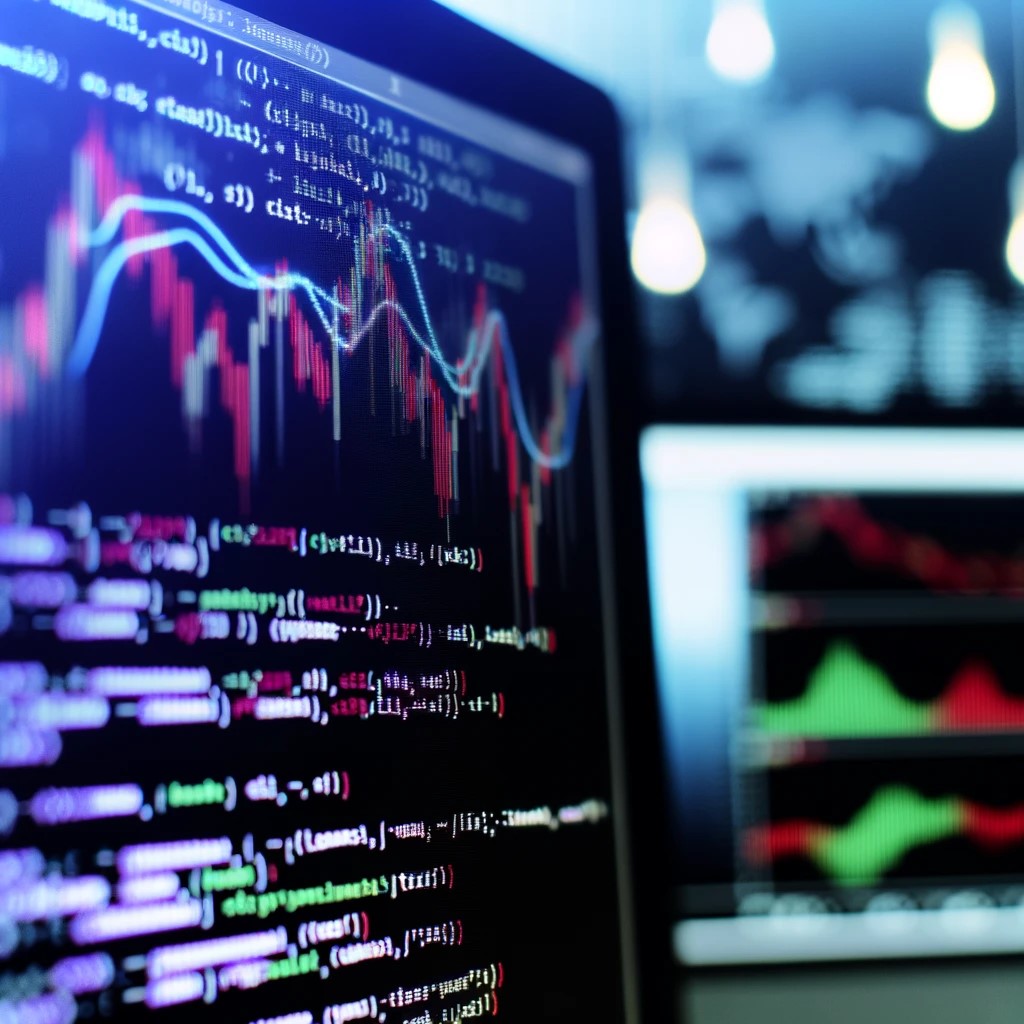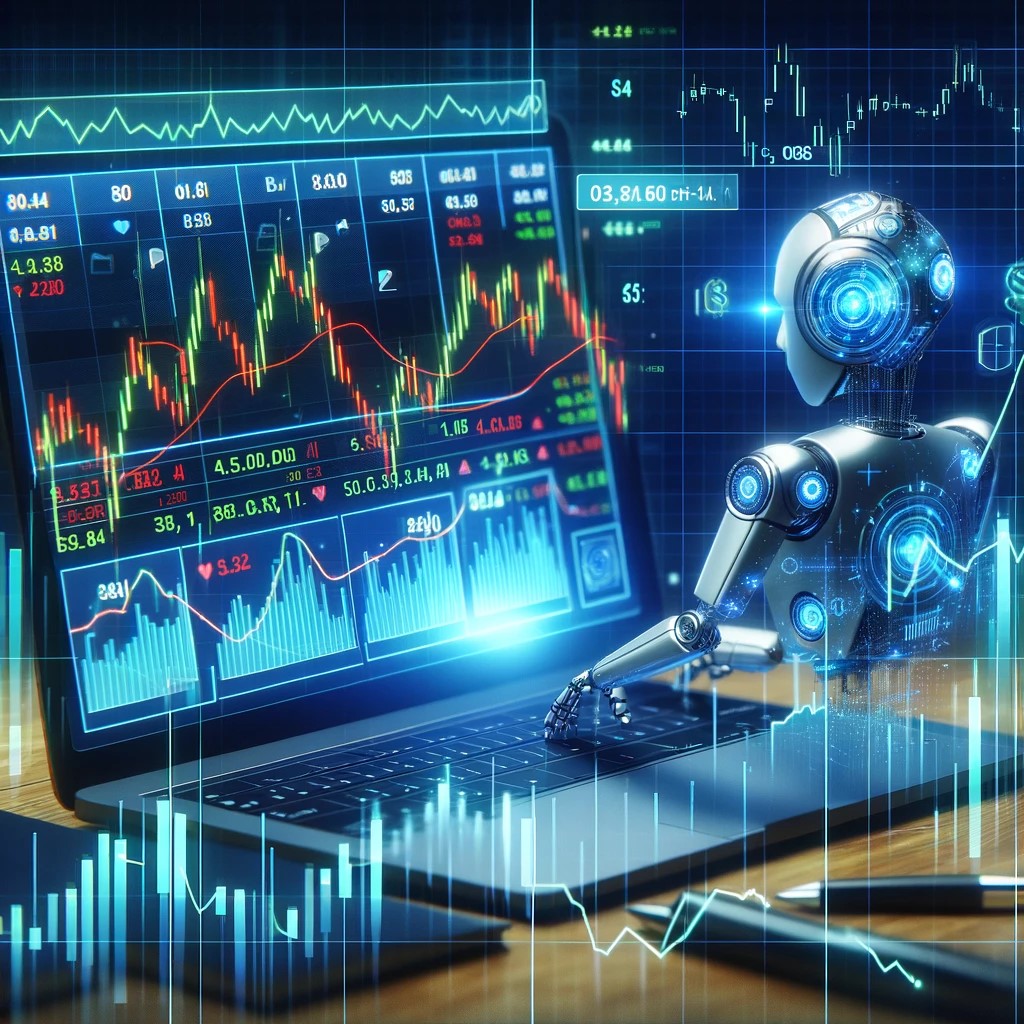In the ever-evolving world of finance, artificial intelligence (AI) has emerged as a powerful tool for predicting stock market trends. As financial markets become increasingly complex, the ability to accurately forecast market movements is invaluable. AI, with its advanced data analysis capabilities, is revolutionizing the way traders and investors approach stock market predictions. This article explores the current trends and future predictions for AI in predicting stock market trends.

Current Trends
The use of AI in stock market prediction is not entirely new, but recent advancements in machine learning and big data have significantly enhanced its effectiveness. Today, AI algorithms can process vast amounts of data at lightning speed, uncovering patterns and trends that would be impossible for human analysts to detect. These algorithms analyze historical data, news articles, social media sentiment, and even geopolitical events to make more accurate predictions.
One of the most notable trends in this area is the rise of algorithmic trading. High-frequency trading firms use AI to execute trades in milliseconds, capitalizing on minute market fluctuations. AI-driven trading bots analyze market conditions in real-time, making split-second decisions that can result in substantial profits. This approach not only increases the efficiency of trading but also reduces the emotional biases that often lead to poor investment decisions.

Future Predictions
As AI technology continues to advance, its role in predicting stock market trends is expected to grow even more significant. One of the most promising developments on the horizon is the use of deep learning techniques. Deep learning models, which mimic the human brain's neural networks, can analyze complex data sets with even greater accuracy. This will enable AI to make more precise predictions and identify subtle market signals that were previously overlooked.
Another exciting prospect is the development of quantum computing. Quantum computers, with their immense processing power, can solve complex problems that are currently beyond the reach of classical computers. When combined with AI, quantum computing could revolutionize stock market predictions by analyzing data at an unprecedented scale and speed. This could lead to more accurate forecasts and more efficient trading strategies.
However, the rise of AI in stock market prediction also presents challenges. The reliance on AI-driven trading algorithms can lead to increased market volatility, as seen in instances of flash crashes. Additionally, there are concerns about the ethical implications of AI in finance, including issues of transparency and accountability. Ensuring that AI systems are fair, unbiased, and transparent will be crucial as their influence on financial markets grows.

Conclusion
The role of AI in predicting stock market trends is becoming increasingly prominent, driven by advancements in machine learning, NLP, and big data analytics. As AI technology continues to evolve, its predictive capabilities will become even more sophisticated, offering traders and investors powerful tools to navigate the complexities of financial markets. While challenges remain, the potential benefits of AI in stock market prediction are immense, promising a future where investment decisions are more informed, efficient, and profitable than ever before.





